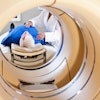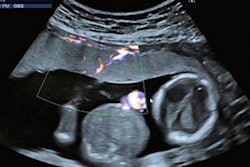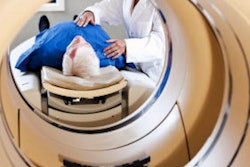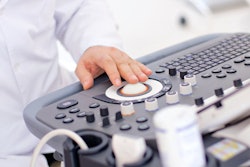Dear AuntMinnieEurope Member,
The Maverinck loves to sound off about a wide range of topics, but when it comes to a controversy in his specialist area of MRI research, he tends to get particularly fired up.
In this week's column, he describes the case of a recent article about the reproducibility of relaxation time values in MRI. Why did this paper get his attention? Find out in the MRI Community.
Abbreviated MRI involves a shorter, abbreviated-protocol examination. Understandably, it seems to be gaining wider acceptance for breast screening, in which the emphasis is on volume scanning and efficient workflow.
The technique is highly effective and is the preference of many women, Australian investigators have reported. Importantly, the new study confirms abbreviated MRI works and is popular, commented Dr. Christiane Kuhl, who has championed the procedure for nearly a decade. Get the full story in the Women's Imaging Community.
Claustrophobia remains a big issue in MRI, but is it really viable to bring parents into the bore of a scanner to calm an extremely anxious child? In the November edition of the European Journal of Radiology, the authors have described how they do just this. Their incredible parent-and-child image has been shared multiple times on social media.
In another of our top stories, 14 top European chest experts have produced a document about the use of imaging in the long-term follow-up of COVID-19 patients. Our report includes the case of a 30-year-old woman who developed severe COVID-19 pneumonia and who spent 40 days in the intensive care unit.
Finally, we have an article about the impact of the pandemic on the global market for breast imaging equipment. The piece also looks at the key trends and drivers.



















